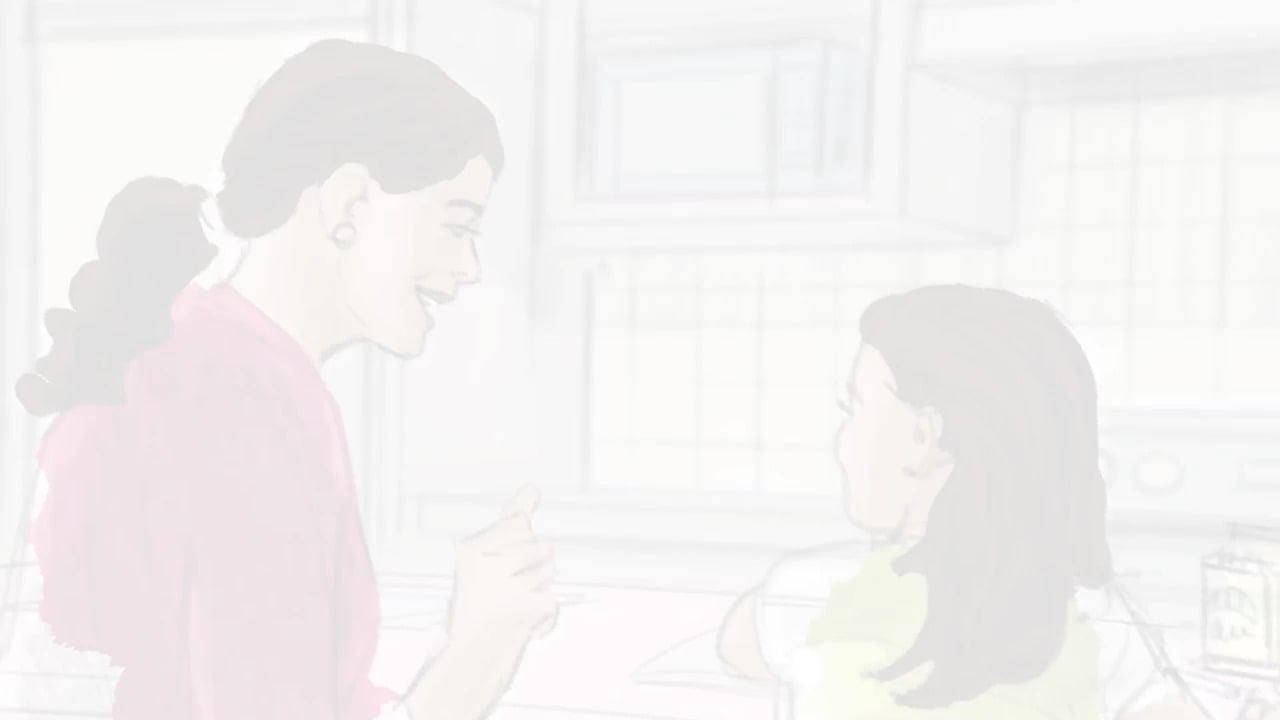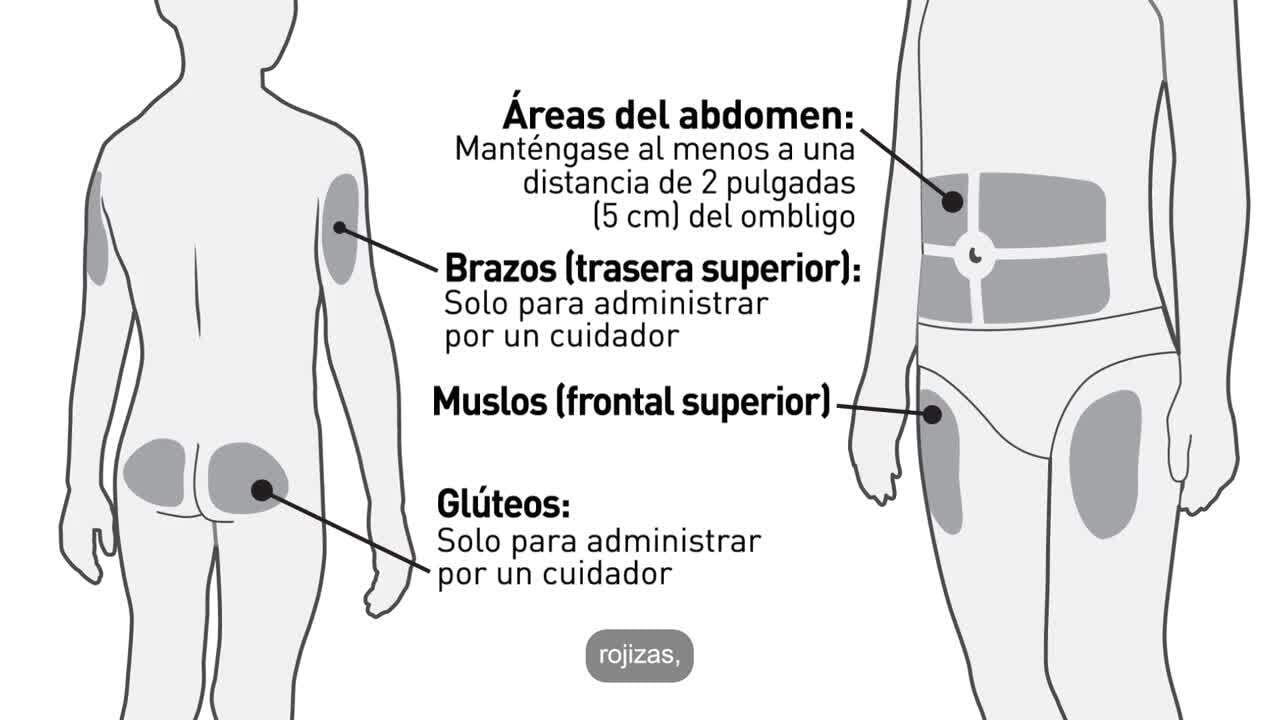INDICATION
NGENLA is a prescription product for the treatment of growth failure in children 3 years of age and older who do not make enough growth hormone on their own. This condition is called growth hormone deficiency (GHD).
IMPORTANT SAFETY INFORMATION
- Growth hormone should not be used in children after the growth plates have closed.
- Growth hormone should not be used in children with some types of eye problems
caused by diabetes (diabetic retinopathy). - Growth hormone should not be used in children who have cancer or other tumors.
- Growth hormone should not be used in children who are critically ill because of some
types of heart or stomach surgery, trauma, or breathing (respiratory) problems. - Growth hormone should not be used in children with Prader-Willi syndrome who are
very overweight or have breathing problems including sleep apnea. - NGENLA should not be used by children who have had an allergic reaction to
somatrogon-ghla or any of the ingredients in NGENLA. Look for prompt medical
attention in case of an allergic reaction. - Some children have developed diabetes mellitus while taking growth hormone. Dosages
of diabetes medicines may need to be adjusted during treatment with NGENLA.
Children should be watched carefully if NGENLA is given along with glucocorticoid
therapy and/or other drugs that are processed by the body in the same way. - In childhood cancer survivors, treatment with growth hormone may raise the likelihood
of a new tumor, particularly some benign (non-cancerous) brain tumors. This likelihood
may be higher in children who were treated with radiation to the brain or head. Your
child’s health care provider will need to check your child for a return of cancer or a
tumor. - Children treated with growth hormone have had increased pressure in the brain. If your
child has headaches, eye problems, nausea (feeling like you are going to be sick), or
vomiting, contact your child’s health care provider. - NGENLA may decrease thyroid hormone levels. Decreased thyroid hormone levels may
change how well NGENLA works. Your child’s health care provider will do blood tests to
check your child’s hormone levels. - Children treated with growth hormone should be checked regularly for low serum
cortisol levels and/or the need to increase the dose of the glucocorticoids they are
taking. - In children experiencing fast growth, curvature of the spine may develop or worsen. This
is also called scoliosis. Children with scoliosis should be checked regularly to make sure
their scoliosis does not get worse during their growth hormone therapy. - Use a different area on the body for each injection. This can help to avoid skin problems
such as lumpiness or soreness. - Growth hormone treatment may cause serious and constant stomach (abdominal) pain.
This could be a sign of pancreatitis. Tell your child’s health care provider if your child has
any new stomach (abdominal) pain. - In studies of NGENLA in children with GHD, side effects included injection site reactions
such as pain, swelling, rash, itching, or bleeding. Other side effects were the common
cold, headache, fever (high temperature), low red blood cells (anemia), cough, vomiting,
decreased thyroid hormone levels, stomach pain, rash, or throat pain. - A health care provider will help you with the first injection. He or she will also train you
on how to inject NGENLA. - Rx only


